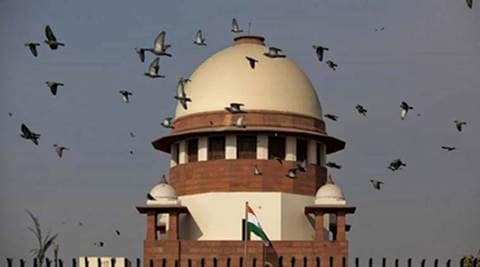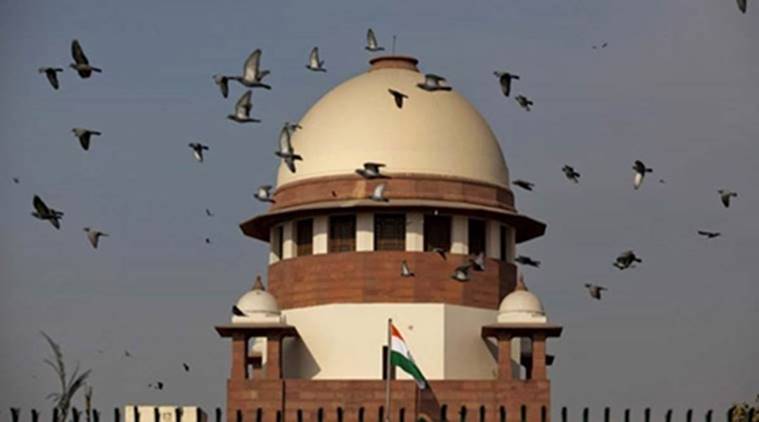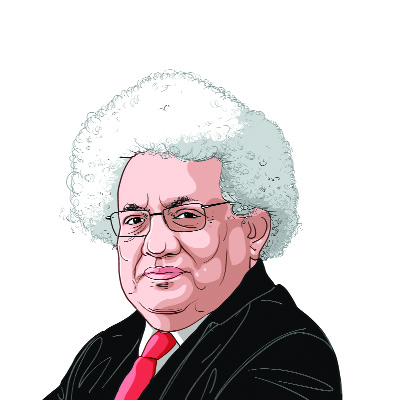Opinion Out of my mind: SC order incomprehensible
Secularism may be the constitutional position, but politics has ignored it

 Supreme Court (File Photo)
Supreme Court (File Photo)
The first Monday of the new year opened with a flurry of decisions by the Supreme Court. It is the decision that caste, religion, race, community or language cannot be used as grounds to seek votes which should concern us most.
Thinking as hard as I can, I find this decision incomprehensible if the history of Indian elections has any relevance. The roots of this judgment are in the Representation of the People Act, Section 123. The broader issue is that India being a secular state, any exploitation of religion would amount to corrupt practice. For good measure, caste, language, race and community were added.
Which country can this decision relate to? I live in the UK which is not a secular state since the head of State is also the head of the Anglican Church. But since the country is a secular society, where religion has lost any salience, no one worries about such issues. India may be a secular State, but it is an intensely religious society. The largest community, the Hindus, characterise themselves by their caste and jati identity. Indeed the SC/ST reservations cannot be understood outside that context nor can the recommendations of the Mandal Commission. The Fifties were spent creating linguistic states, which could not have been done without using language as an election issue.
One can argue that the depth and durability of India’s democracy are precisely because issues of religion, caste, language, all of which touch people’s daily lives, can be deployed in elections and have been. The entire politics of OBC and Dalit empowerment during the 1990s and later would have been impossible had this decision been given then. Brahmins in power for ever would have been the result.
Partition was a deep wound at Independence. This has resulted in a phobia about the discussion of religion for the fear that Muslims as a religious minority may suffer reprisals. In polite circles, we do not use the M word; just speak of the minority community. All other minority religions are thereby put at a disadvantage. Communal riots are Hindu-Muslim, so 1984 was not a communal riot. When Y S Rajasekhara Reddy died, no English newspaper (I read seven everyday) mentioned that he was a Christian, as if it was a shameful thing to admit. Rajiv Gandhi kept his Parsi origins unmentioned.
The reality is that rather than suppressing religion in the electoral contests, many ways have been found to signal religion, caste, language etc. There is a healthy competition between parties for votes and this leads them to resist any one party monopolising any of these semiotic devices. This means that all the hangups, doubts, even hatreds, are fully displayed. Castes and jatis are used as recruiting devices by political parties. Not to do so would distort reality. India can work out its million mutinies more or less peacefully only because these issues are aired openly. Suppress that and see India break up.
Yet India, one of the most religious societies, acts as if to admit religion as a fact of political life would lead to disaster. Just as the British were frightened off by 1857, independent India has been wounded by 1947. Secularism may be the constitutional position, but politics has ignored it. That has saved India from falling apart.




